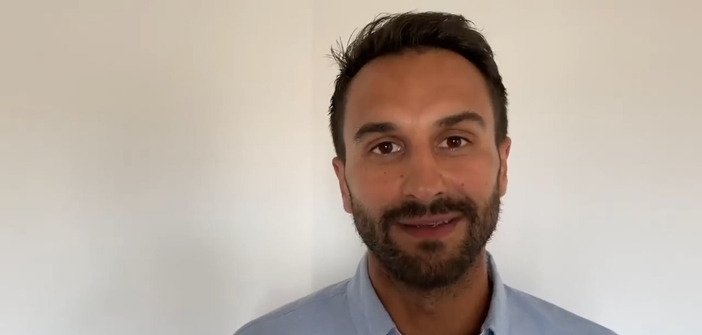The G-ADDICTION Youth Citizen Association has the mission of mobilizing young people and raising awareness about the issues faced by the youth. Its president, Quentin Matton, explains how it has contributed to promoting mutual aid during this period of health crisis.
How has your association helped young people after the lockdown?
We launched a civic service recruitment plan. We already had people with civic service contracts in our association. Currently, we are trying to recruit twenty-two, which is more than last year. We also support young people who are about to finish their studies in their projects for the new school year, especially on citizen projects. We try to listen to them and meet their expectations. We can connect them with social workers if necessary for those who are severely impacted by precariousness to help them in their situation. Finally, we are preparing for the new school year and calling on public authorities to mobilize because we can’t do it alone.
How did you set up this solidarity chain during the lockdown?
During the lockdown, we implemented an intergenerational program where young people and association members provided support to elderly people who are often isolated. We made friendly phone calls with active and caring listening. The aim was to reassure them and reduce their anxiety due to COVID-19. They were the most vulnerable to the virus and could develop more severe forms. We also tried, with a few people, to facilitate these elderly people’s errands or, for instance, help them carry their groceries and medications.
How did the idea of proposing this “Marshall Plan” come to you?
We are in contact with young people throughout the year in the usual context and even more so with the coronavirus situation. We are therefore very aware of the issues facing young people on the Côte d’Azur and the Alpes-Maritimes. There is the problem of housing and living costs, which are much higher than in other departments. There is the problem of access to culture and health, with, for example, high mutual insurance costs. We had already identified these issues, but unfortunately, they have worsened with the crisis. Young people trying to find summer jobs, apprenticeships, or civic services to improve their situation have faced even more difficulties in doing so. We therefore consulted all the young people who are part of our network, representing more than 70,000 people last year. We then worked on creating concrete proposals.
How do you explain that young people are often the big losers?
The first observation is that young people are more affected by all the essential issues in our society, such as precariousness and health problems. They think they are young, thus feeling invincible and neglect health aspects. They have to make trade-offs and choices. When you are a student without a permanent contract and a decent salary, something one might have in their forties or fifties, you make financial trade-offs, often at the expense of health. They may prefer to buy canned food and pasta to be able to eat tonight and tomorrow rather than investing in health care. We believe that young people should not be the big losers of the crisis because everything depends on them. We have seen that our health system is exhausted, and we have realized the importance of health. To whom will we ask to reform the health system and roll up their sleeves to ensure its sustainability? The young people! We have seen that there is a problem with retirement funding, and who will have to find a system that will allow us to obtain a retirement in the future? The young people! Regarding environmental issues, a lot of effort will be needed to change behaviors. To whom will we ask for these efforts? Again and always, the young people!


